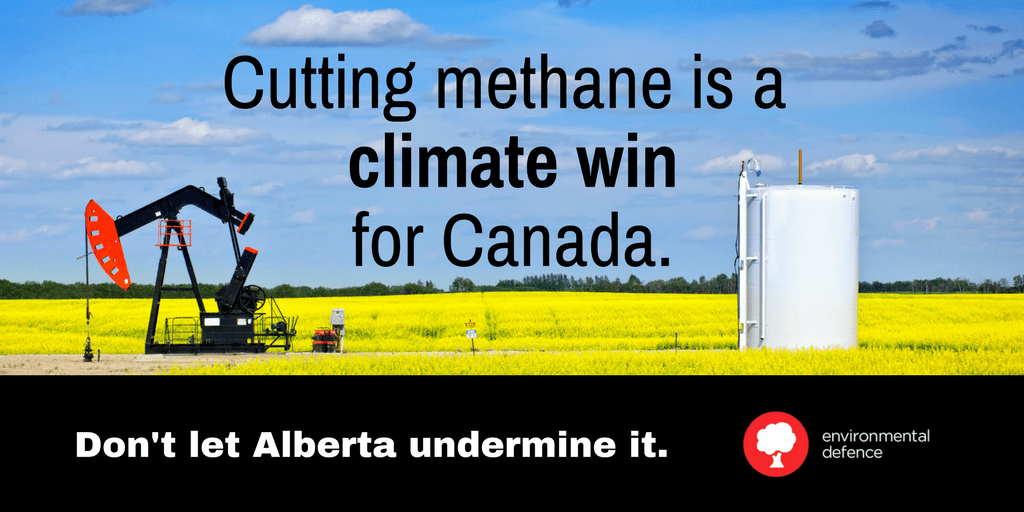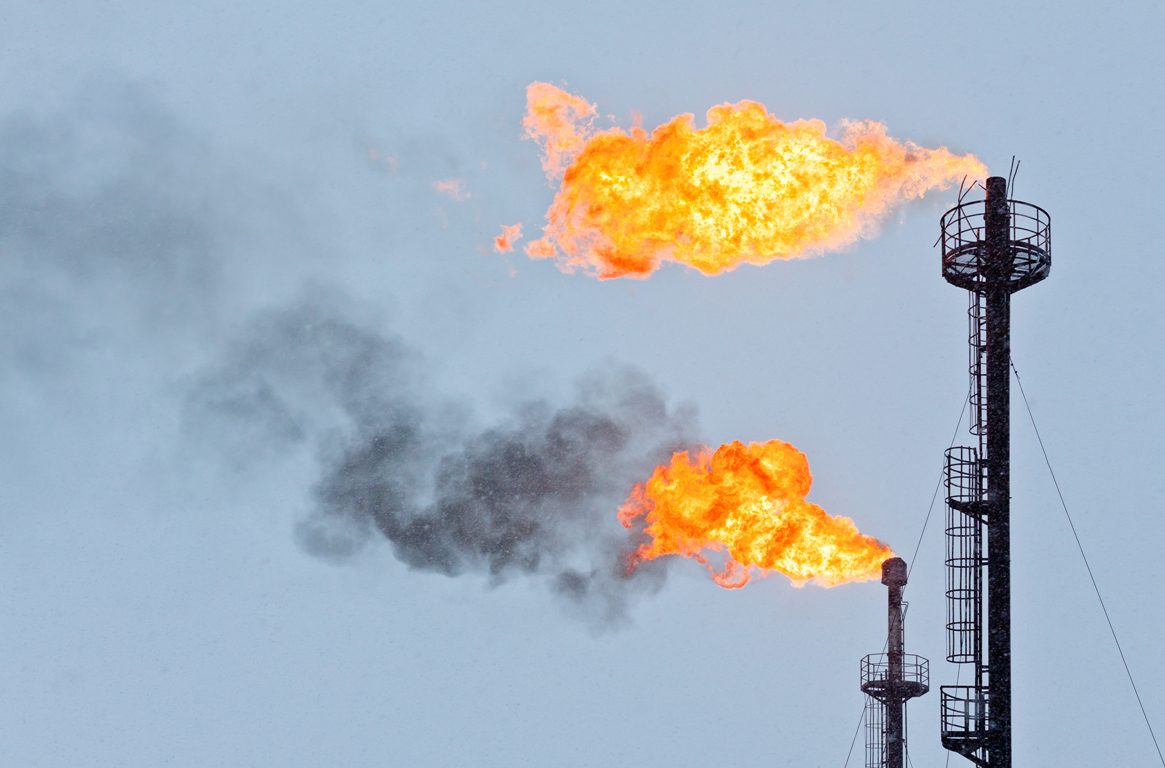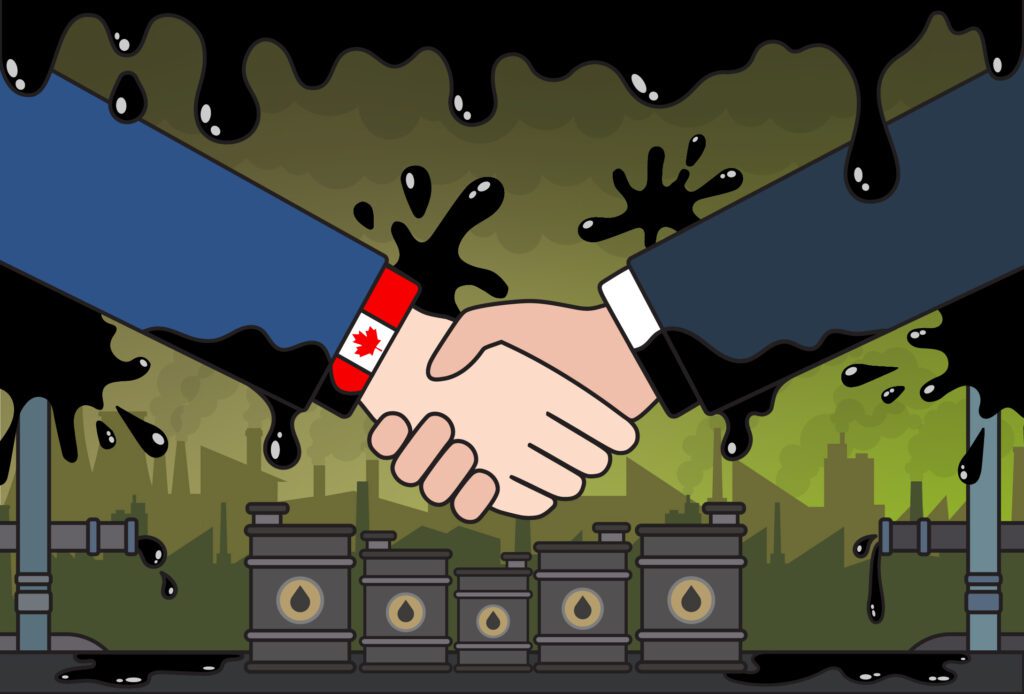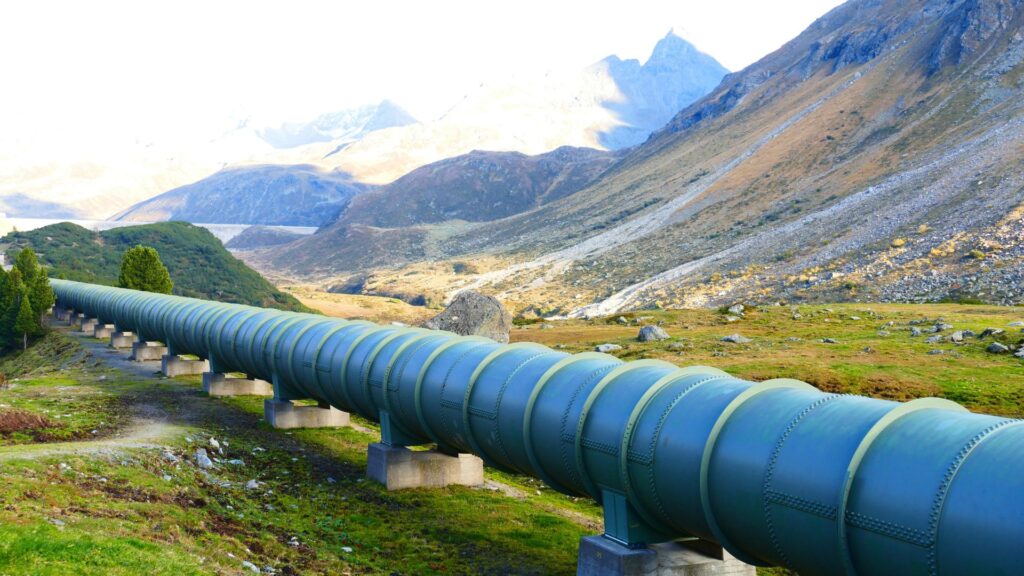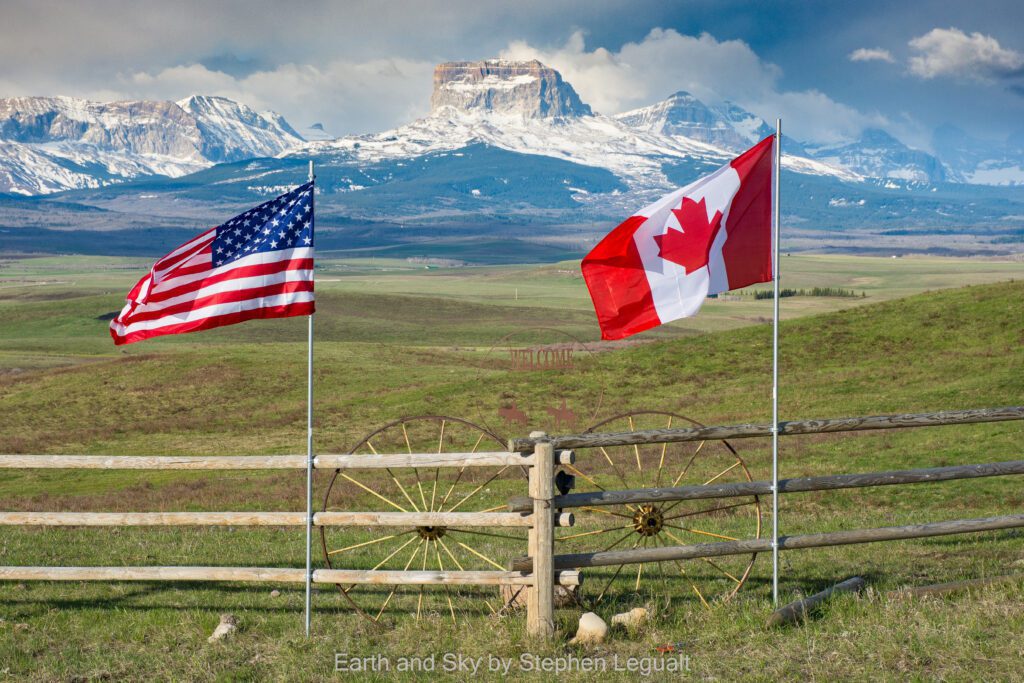Yesterday, Mexico joined a growing list of countries showing leadership on reducing harmful methane emissions from the oil and gas sector, by releasing strong draft regulations to reduce those emissions. With this move from the Mexican government, Alberta’s draft lax regulations are even more of a global outlier, since Alberta requires much less frequent inspections for leaks and allows way higher methane emissions per oil and gas site.
In June 2016, Canada, the U.S., and Mexico jointly committed to reducing methane emissions from their oil and gas sectors by 40-45% by 2025. Canada took a big step towards that goal by finalizing methane regulations in April. Now Mexico is joining Canada with real action.
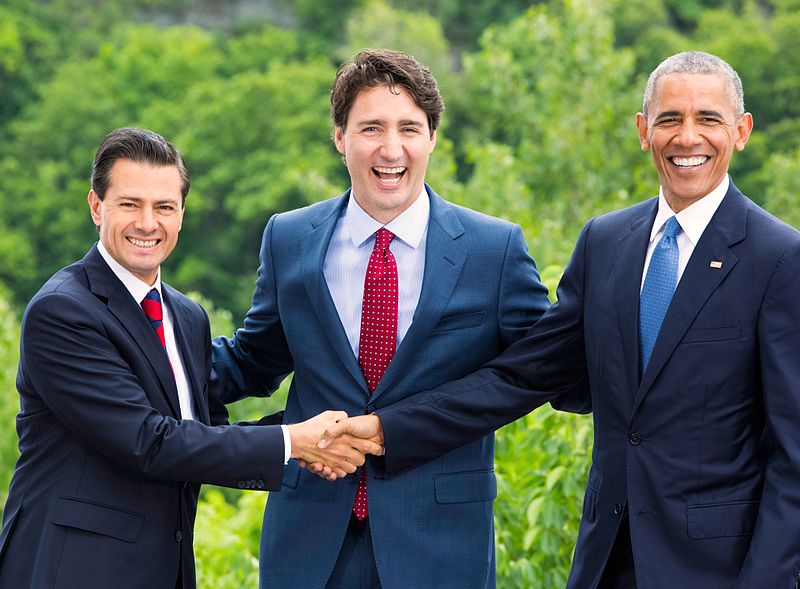
The draft regulations that Mexico unveiled have very strong elements, including:
- Four times per year, oil and gas companies will need to use special cameras to detect and repair methane leaks at oil and gas facilities.
- Equipment that by design release methane to the atmosphere will need to be replaced with equipment with lower or no emissions.
- Systems will have to be installed to capture methane leaking from tanks.
- More rigourous monitoring and reporting will be required.
These rules are similar to—and in some cases better than—the Canadian regulations, and match leading U.S. states such as Colorado and California. They will mean less methane (the main component of natural gas) will be wasted from Mexican facilities, reduced risks to human health and lower impacts on climate change.
Not only are the Alberta methane regulations weaker, the province takes an approach that trusts oil and gas companies to police themselves – an approach adopted nowhere else, including Mexico. If Alberta sticks to this approach, the onus will be on the Canadian government to reject them, and apply the stronger federal regulations instead. Otherwise, Alberta’s weaker rules will mean that Canada will not achieve its goal of reducing methane emissions by 40-45%.
If Mexico, an emerging economy, can have strong regulations, surely Alberta has the ability to do the same. And the federal government should insist upon it.
